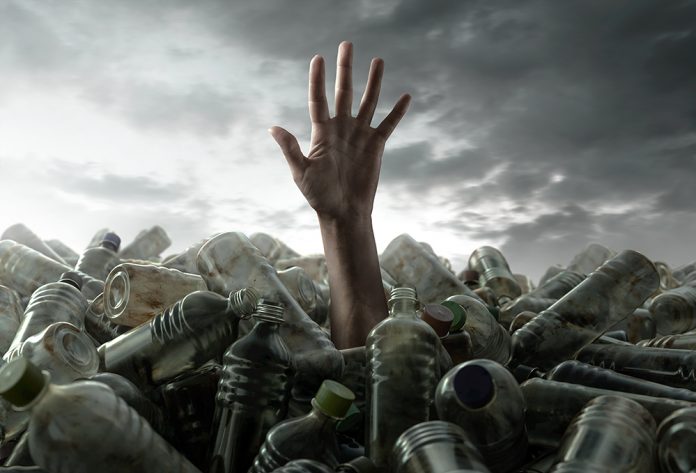Single-use plastics are to be banned from October 2023 – a move welcomed by the British Metals Recycling Association (BMRA).
From this autumn, new rules aim to cut use of plastic plates, trays, bowls, cutlery, balloon sticks, and certain types of polystyrene cups and food containers.
While likely to have a big impact on the hospitality industry, the BRMA sees the government move as being a step in the right direction, hopefully encouraging more use of 100% recyclable items such as metal.
Compostable and biodegradable plates and cutlery use is already on the rise, and CEO James Kelly said: “Recycling metal has limitless potential. What your metal is being used for today, might have a new life in the future, such as a car becoming a bridge. It’s a subject we need to talk more about.
Ahead of Global Recycling Day on 18 March, the BMRA shares 10 reasons to recycle metal.
- The periodic table shows all the elements that occur naturally in the Earth or atmosphere or are a by-product of these elements. Metal comes from the Earth. About 80% of all the known chemical elements in the world are categorised as metals.
- Metal is 100% recyclable. It is permanent, and it can be recycled forever, over and over again. It contributes to the Circular Economy, avoiding landfill, as well as saving the destruction of natural habitats caused by the mining of metal ore.
- Recycling one tonne of steel can save one and half tonnes of iron ore from being mined. Iron is a metal, but steel is a man-made alloy. Steel is made by mixing iron and carbon together.
- Waste Electrical and Electronic Equipment (known as WEEE) generally covers products that have a plug or need a battery, such as fridges, vacuum cleaners, and computer equipment. As funny as that acronym is, it is important WEEE is recycled correctly. Not only does WEEE contain metal, it can also contain lithium and lithium-ion batteries that are incredibly dangerous. If they are damaged the batteries can cause fires.
- The metal in your mobile phone could be recycled into an Olympic medal. Tokyo’s Olympic medals were made from 78,985 tons of recycled electronic devices, including mobile phones. It can contain gold, lithium, aluminium, cobalt, copper, lead, nickel, silver, and zinc. One tonne of smartphones contains 300 times more gold than one tonne of gold ore.
- You can get paid for your scrap metal. Ensuring you have the appropriate identification, you can go to a metal recycler and be paid by BACS, cheque or eTransfer. Cash for your scrap is illegal, however, so do report it if you are offered it.
- Recycling steel uses 70% less energy than mining and refining ore. Steel is the most widely used metal. It is easily identifiable as it is magnetic and can be easily separated from general waste. It is used to make many different items including cars, bridges, and playpark equipment.
- Recycling metal avoids sending a permanent material to landfill. Thanks to modern day efficient waste processes very little metal will go to landfill. However, via a process called ‘urban mining’, which involves materials like metal and WEEE previously discarded in general waste, being reclaimed from the ground, thus helping to ensure even more metal can be recycled.
- Recycling metal emits 80% less CO2 than production from raw materials. It is credentials like this that make metals recycling a key driver in the Government achieving its net zero targets.
- An aluminium drinks can can be back on the shelf of a supermarket as a new drinks can, 60 days after it was originally bought. Aluminium doesn’t have to be a drinks can in its next life, it could be aeroplane parts, a beer keg or foil for your lunchtime sandwich.










